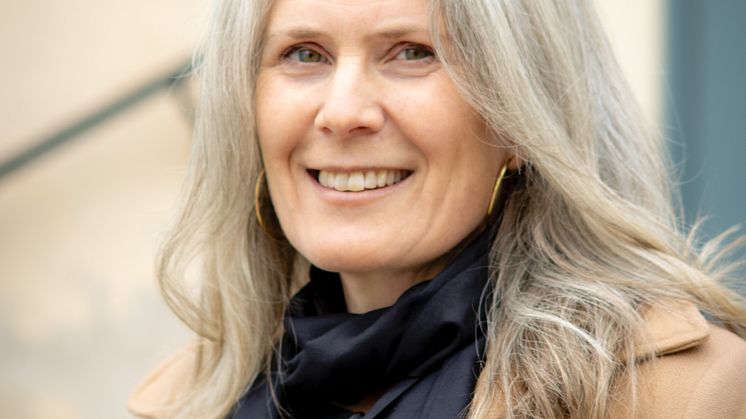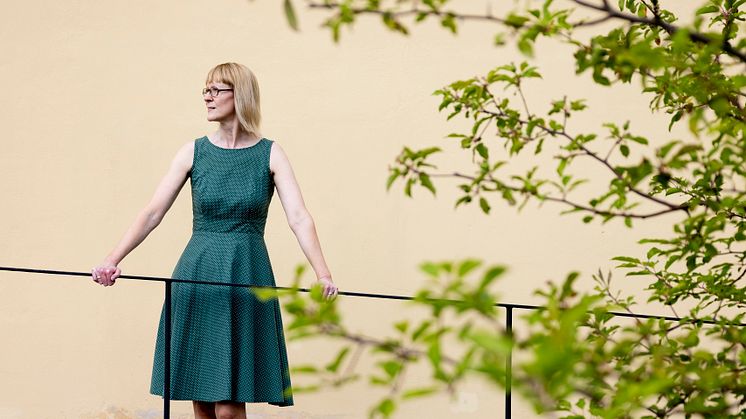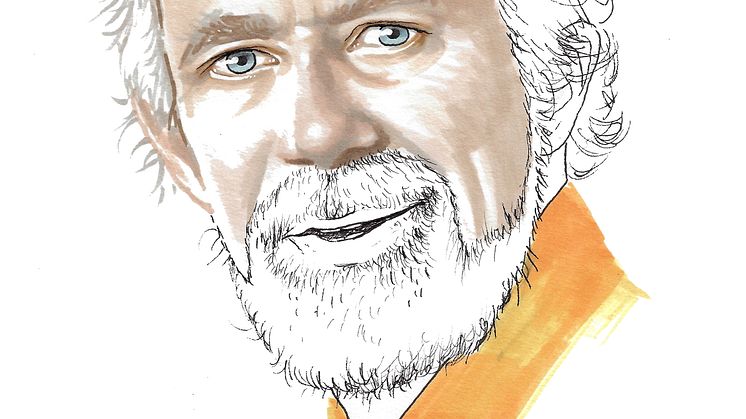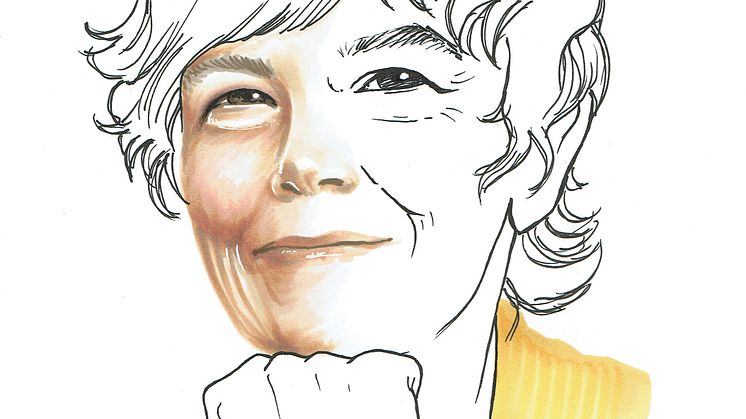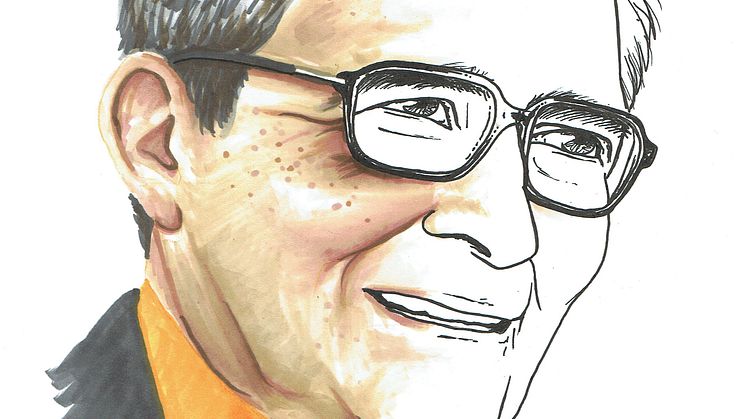Initiative for research on conflicting objectives in sustainable development
Uppsala University inaugurates a new research institute, UUniCORN, aimed at identifying, analysing and navigating conflicting objectives in sustainable societal transition. The new institute is set up on the initiative of Vice-Chancellor Anders Hagfeldt as part of Uppsala University’s ambition to be a more active partner in creating an ecologically, socially and economically sustainable society.

